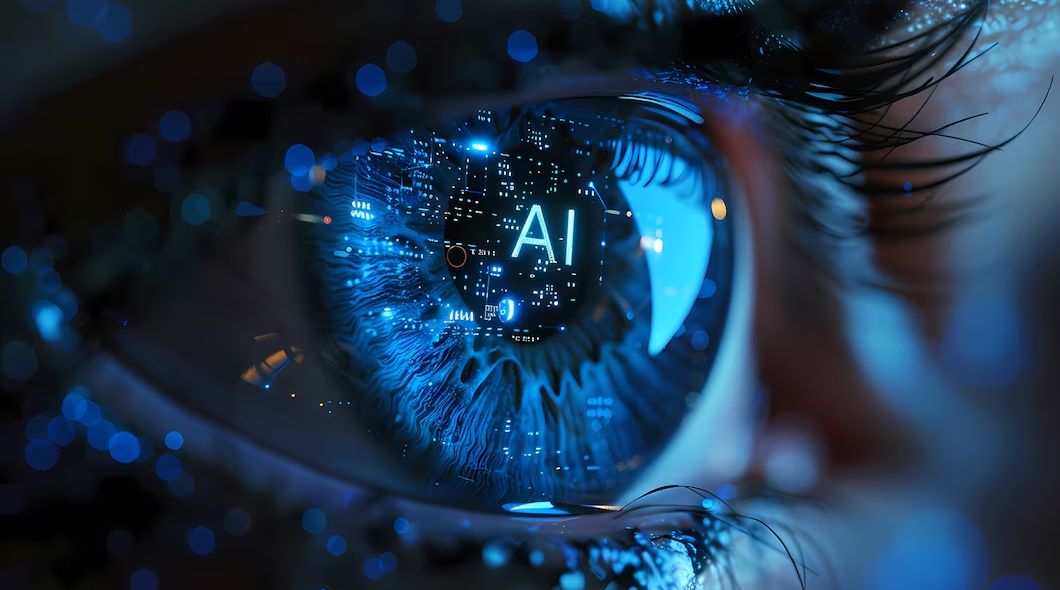Artificial Intelligence (AI) has been one of the most transformative forces of the 21st century. From smart assistants in our phones to predictive algorithms in healthcare, AI has seamlessly embedded itself into everyday life. In this new digital era, the rise of AI is more than a trend—it’s a revolution redefining how we work, live, and think.
As the world races toward automation and data-driven decision-making, AI technologies are evolving at an exponential rate. What once existed only in science fiction is now guiding business operations, enhancing customer experiences, and even writing articles like this. The lines between human intelligence and machine learning continue to blur, paving the way for a future that is deeply interconnected with artificial intelligence.
Understanding the Core of AI
At its core, artificial intelligence is a broad field that includes machine learning, natural language processing, robotics, and neural networks. These technologies work together to mimic human-like problem-solving and decision-making abilities. AI systems can now analyze vast datasets, recognize patterns, and generate insights faster than any human could.
Businesses across every sector are leveraging AI for greater efficiency. In finance, AI helps detect fraud. In retail, it personalizes customer shopping experiences. In manufacturing, predictive maintenance powered by AI reduces downtime and improves productivity. This kind of integration is why experts frequently refer to AI on the rise—because it’s becoming an essential part of modern infrastructure.
AI’s Impact Across Industries
The effects of AI span a wide range of industries. In healthcare, AI is used for early disease detection, drug development, and even robotic surgeries. It empowers doctors with better diagnostic tools and enables faster, more accurate treatment plans.
In education, AI is personalizing learning through adaptive software that caters to individual student needs. It provides real-time feedback, automates grading, and even suggests content based on performance.
Transportation is undergoing a revolution too, with AI playing a central role in autonomous vehicles, traffic pattern analysis, and logistics optimization. Similarly, agriculture is benefiting from AI-based drones, crop health analysis, and smart irrigation systems.
It’s not just enterprise-level benefits, either. Consumers are experiencing AI every day—through recommendation engines on Netflix, personalized ads on social media, and voice recognition on digital assistants like Alexa and Siri. The rise of AI is evident everywhere, subtly improving convenience and functionality across touchpoints.

Challenges and Ethical Considerations
Despite its potential, AI comes with challenges. Privacy concerns, data security, algorithmic bias, and job displacement are critical issues that need ongoing attention. As AI becomes more embedded in decision-making, transparency and accountability must follow.
Bias in AI systems, for example, can perpetuate inequalities if not carefully monitored. Algorithms trained on biased data can produce discriminatory outcomes in areas like hiring, lending, or law enforcement. Addressing these concerns is vital to ensure AI is used responsibly and ethically.
Governments and institutions are beginning to introduce regulatory frameworks to govern AI use. From the European Union’s AI Act to the U.S. Blueprint for an AI Bill of Rights, there is growing awareness about the need for oversight in this rapidly expanding space.
As AI on the rise continues to transform societies, we must ensure that the technology aligns with human values and rights.
What the Future Holds
Looking ahead, the future of AI appears both exciting and complex. We are likely to see advancements in general AI—machines that can perform any intellectual task a human can. These developments could redefine labor, creativity, and even consciousness as we know it.
Quantum computing, combined with AI, may unlock solutions to problems that are currently unsolvable. Imagine AI helping to cure incurable diseases, reverse climate change, or create new forms of sustainable energy. The potential is limitless, but it must be guided carefully.
The rise of the AI marks a defining chapter in human evolution. It is not merely a technological leap but a fundamental transformation of society. As we stand on the cusp of this new era, the responsibility lies with us to use AI for the greater good, ensuring it benefits all and harms none.
Conclusion
In summary, we are living in a pivotal moment where the rise of AI is reshaping every corner of our world—from industries and institutions to individuals and ideologies. The phrase AI on the rise is no longer a futuristic prediction; it is our present reality.
As innovation accelerates and integration deepens, it’s critical to stay informed, engaged, and ethical in our approach. Whether you’re a business leader, a student, or a casual user, understanding AI’s capabilities and challenges can help you navigate this rapidly changing landscape.
The future is not just coming—it’s already here. And with the rise of the AI, we have the power to shape it wisely.

